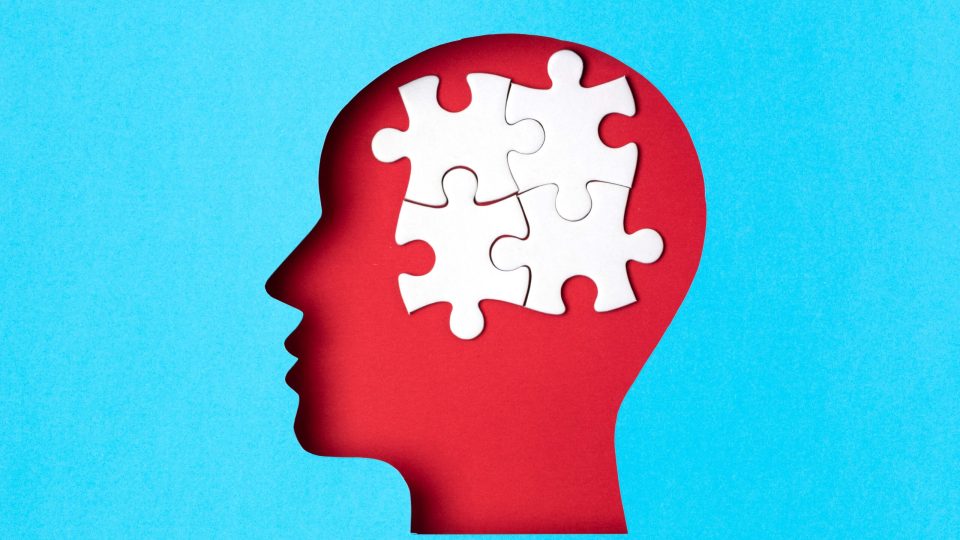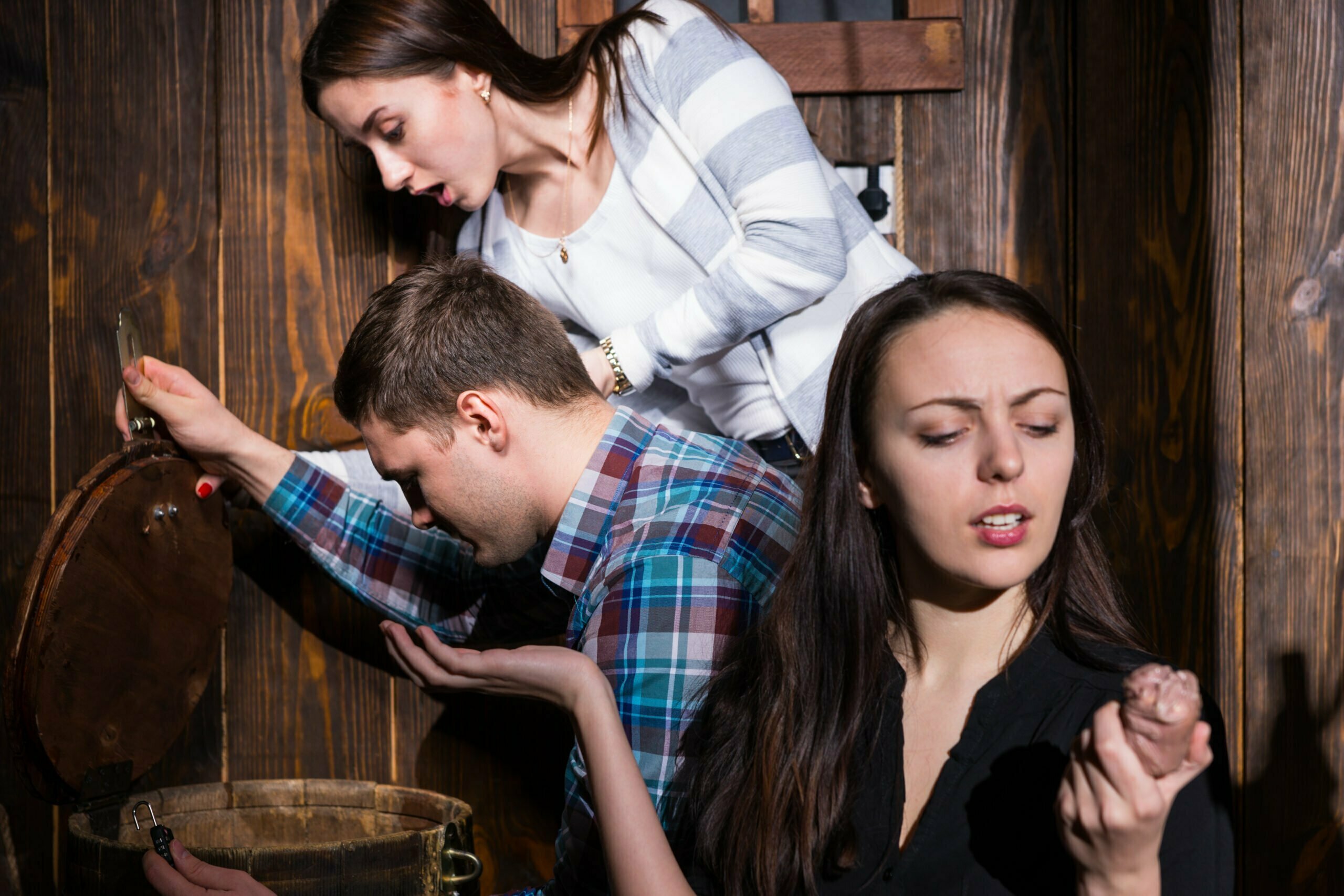You might be wondering ‘where are the entertaining places near me?’. Well, look no further! TimberVault has a range of fun activities available for you and your friends – including our escape rooms.
You’re locked in a room with friends, family, or even colleagues with one mutual goal: to escape. Escape rooms are becoming increasingly popular across the UK, but why would anyone want to lock themselves in a room with just an hour to solve the puzzles leading to their escape? Let’s take a look at the psychology of escape rooms!
What happens in your mind and body?
You might think to reduce an escape room down to just the problem-solving aspects, but it’s much more than that. Here’s what else is going on:
- Survival-mode activation. Escape rooms are immersive, allowing you to become part of the story. Your brain will be convinced that you really do need to escape, resulting in a release of adrenaline. This adrenaline can make your brain function quicker, focusing closely on the task at hand.
- Thinking outside the box. All of the puzzles involved are designed to encourage creative thinking.
- Availability heuristic stimulation. The 60-minute time limit stimulates your brain’s use of the availability heuristic. This means your brain is forced to recall information and come up with fast solutions.
- Hard-easy effect. Knowing that you only have 60 minutes to escape puts your brain under pressure, often leading to overthinking. You’ll start to look for more complex solutions even when the answer is simple.
- Future planning. You’ll often find that things don’t go to plan when you’re in an escape room. This will force you to introduce quick thinking to adjust your original plans.
- Confirmation bias. If you have an idea of how to solve the escape room after a couple of clues, this may influence your perception of the future clues. You’ll want to think of a solution that works with your original idea. This is known as confirmation bias.
- Stress. It’s completely normal to feel a bit stressed in an escape room (not too stressed though, we hope!). Your brain will likely release cortisol in response to the intense experience, affecting your memory.
- Information storage. You’ll need to utilise your short-term memory quite often in an escape room, recalling past clues to solve future ones.
What is the science behind an escape room?
Most people find escape rooms to be a really fun experience – and that’s not just because it’s something different to do. The whole experience engages the mind and body in different ways. Professor Art Markman explained that the combination of physical activities involved in escape room settings causes the brain to release dopamine. Dopamine is often referred to as the ‘happy hormone’, lifting your mood. Markman’s research concluded that quick thinking makes us feel good, especially when working in a group (the positive vibes are contagious!). Working together to achieve a goal builds strong relationships, leaving everyone with a sense of accomplishment.
As well as the release of dopamine, escape rooms allow you to experience complex emotions in a safe environment. For example, survival-mode activation could be traumatic in a real-life scenario, but it’s perfectly safe in an escape room.
Where to find your next escape room
Ready to experience your first (or next) escape room? Quit the ‘entertaining places near me’ Google searches because you’ve found TimberVault! We have activities such as axe-throwing and escape rooms – plus a great place to eat if you get peckish! Our escape rooms include:
Find us at 12 Derrys Cross, Plymouth – we’re right by the bus stop and close to the taxi rank, so there are plenty of ways to get to us! Book your escape room online for you and your friends, family, or coworkers. Never feel lost when searching for ‘entertaining places near me’ again!









